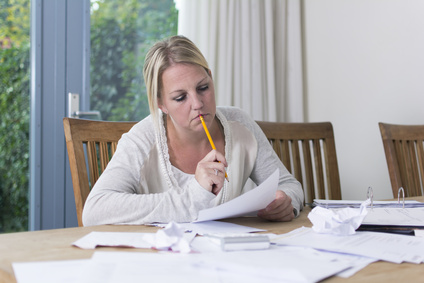If you are considering offering proposals for an Individual Voluntary Arrangement (IVA) to your creditors, you should be clear as to what debts must be included and which debts must be excluded.
Your Insolvency Practitioner (IP) will verify this for you but even before you take that first step of seeking advice you should be aware that not all debts can be addressed via an IVA. Some debts must be paid in full on an ongoing basis and you must make allowance for these when preparing your monthly household Income and Expenditure Statement.
For a start, all secured debts must be paid outside of the arrangement. The most important secured debt is your mortgage (if you have one) and your car HP (provided it is in fact a proper Hire Purchase Agreement and not just a motor loan) is probably the second most important secured debt.

Almost all unsecured debts must be included in your IVA i.e. you will be offering your creditors a dividend on these debts and not paying them in full. However, there are exceptions: fines, student loans and CSA (Child Support Agency) arrears must be paid in full on an ongoing basis and cannot be lumped in with your other unsecured debts.
So after deducting from your income all of your normal living expenses (which include mortgage or rent, car HP, council tax, water rates, food, drink, clothing, heat and light, travel expenses, costs relating to children and other dependents and so on), you will be left with your disposable income (DI). This remaining amount of DI is what you will contribute to your creditors, less the administration costs of your IVA.
Your IP will calculate precisely how much you can offer taking into account all of your income and all reasonable household expenses. So it is important that you disclose all of your debts to your IP at the outset. Otherwise you could find that an omitted debt, whether it must be included in your IVA or must be excluded from it, could cause your IVA to fail in the future.